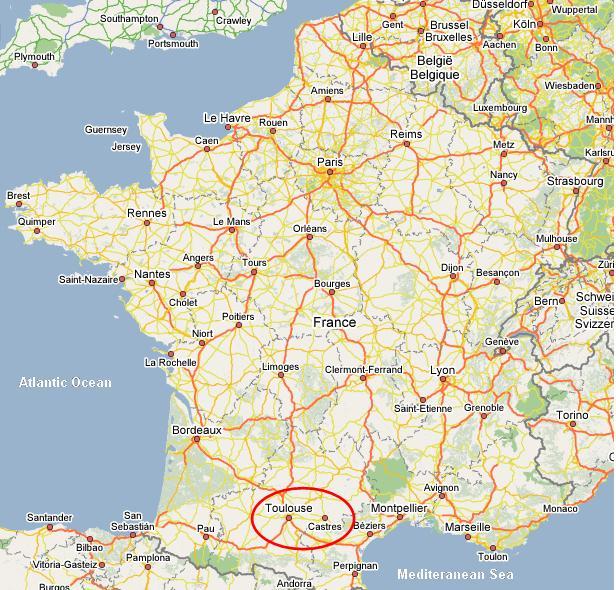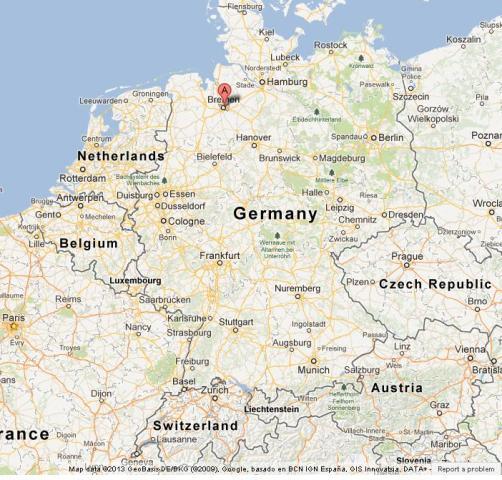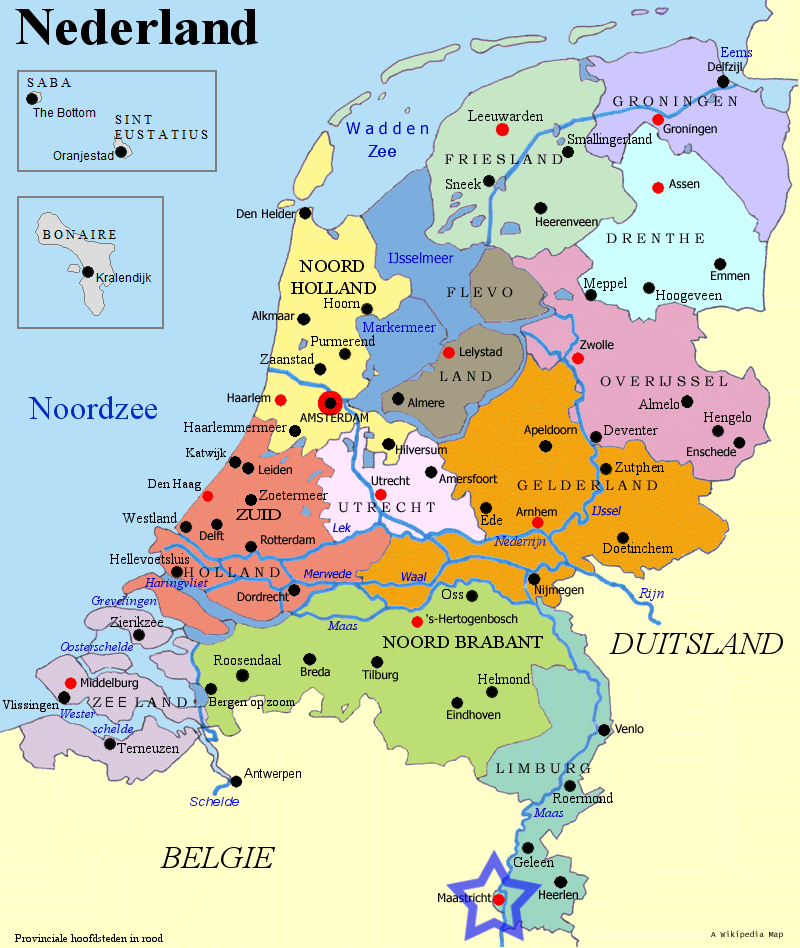The world is our oyster. Each international experience is a pearl. What to do now that traveling has been put on pause?
→Consider new options and look long term.
Studying outside of a home country has been attractive for a lot of students worldwide.
Just as an example, with the United States. According to Education Data, in 2019, the highest international student populations in the US by their nation of origin were:
1-China (369,548 students)
2-India (202,014 students)
3-South Korea (52,250 students)
4-Saudi Arabia (37,080 students)
5-Canada (26,122 students)
That’s a lot of international students!
Things have changed since March, 2020 and they are still evolving. In the most frequent settings US students are offered to study abroad and European students to join the Erasmus programs. Global mobility for students is going to take some time to recover. According to University World News, it might take 5 years.
Here a couple thoughts I wanted to share.
Take pause and try to think with a long term mindset. Long term thinking endures, here a good article on medium about long term thinking.
What about the option of preparing an undergraduate program in a European country and then pursue a graduate degree in the United States or in the United Kingdom?
With a long term thinking you can evaluate your options based on what matters the most.
Do you already know your field of interest?
If you already know the field of study you want to pursue, list all the schools known for it. Do your research, it will be helpful to start now and keep all your findings organized. Ask questions on Quora, join reddit communities, tweet to people in the schools you are interested in. I remember doing that for a Photography School in Arles I was so interested in preparing for the entrance exam. But after talking to a student who was enrolled there at the time, and after hearing what he shared about the culture, I changed my mind.
Do you see the international experience as something valuable to you and your goals?
Well you should, this will make you stand out, 6 months or 1 year of study abroad is nice, and valuable, but did you ever think about trying a full 3 or 4 years experience altogether?
If you are concerned about the financial investment in your higher Education I can see why you would want to try to study in Europe, especially for an undergraduate degree then go for the U.S for a Graduate program.
Actually, I would think it’s a smart move, will lay out a couple points as of why:
- Undergraduate Study in Europe is recognized.
In general, you should look at each country’s situation closely before you make a decision and review the factors at play (language of instruction, programs, tuition etc.) A good resource is the ENIC’s website. Go through the country of your interest and see what are the characteristics of each country to match with your needs, beware it’s a lot of government websites, but do your research thoroughly, it’s worth it! - European Credit Transfer and Accumulation System (ECTS) is used across European countries since the Bologna Reform, but each country differers. They are many countries that offer good quality undergraduate education in Europe at a lower cost, with the exception of the certain prestigious schools or private institutions. One particular thing to note: most of these undergraduate programs are in the native language of the country. Of course things evolve and you see more and more bilingual programs but the general trend is in the language of instruction. For example it will be German if it’s in Germany, French if it’s in France. Regardless, in most cases, for French, German, Italian, Spanish degrees, they will be earned with a total count of undergraduate ECTS credits which are transferrable throughout Europe, so if you apply for study in the U.S and have your credentials evaluated to enroll in a U.S graduate program, it should be no problem if you went to a regionally accredited institution in Europe.
- Authentic experience of a European Country. Europe is diverse, an student life in Italy isn’t like in France or Belgium, that’s why students within Europe enroll in the Erasmus program to experience it for themselves. If you prepare an Undergraduate program in Europe, you will get a real experience of at least 3 to 4 years in a new country, which is so valuable. You can’t compare with the 6 months or one year abroad, because you end up leaving when you finally adjust. So 3 to 4 years preparing an Undergraduate program and experience life there is priceless, check out the type of universities you can go to, I picked a couple examples to illustrate it a bit:
FRANCE

University of Toulouse, established in 1229. The 6th oldest University in Europe and ranked first as the best city for students in France, dethroned Lyon in 2020. The criteria being campus life, student jobs, mobility, public transport, housing etc. The university (several campuses) is located in the gorgeous southern region of Midi-Pyrénées (close to the Atlantic ocean and the Pyrenees mountain range). If you want to enroll at undergraduate level you will need to pass the French baccalauréat exam or an equivalent French or foreign certificate.
The admission requirements may vary based on your nationality, your country of residence, level of education and the program you are pursuing and overall your situation. So far, the only undergraduate program I found, taught in English is the Bachelor of International management, and you need to have studied 2 years after high-school to get admitted into it (last year of the bachelor’s program). Note that in France, the usual length of program for undergraduate degrees is 3 years and traditionally the French Education system counts the years of study after the Baccalauréat, in the following format “Bac + 2”, “Bac + 5”, meaning respectively 2 and 5 years after high-school graduation. Worth applying, in my opinion.
GERMANY

Jacobs University Bremen, a private institution, offers English-taught bachelor’s programs in mathematics, with tuition fees of €20,000 (~ US$22,200) per year. Some subjects will be more inclined to be taught in English than others, for example: Business, English and American studies and Engineering. So it leaves you with choices. Also, check out the campus, so green!
NETHERLANDS

Maastricht University. Private or public (Public being cheaper) you have several choices in the Netherlands. An attractive country for international students. Browse for Bachelor’s programs at this site (around 10k tuition a year). I believe France and Germany have cheaper options but requires more research on their websites.
According to their website “The choice for the language of instruction at UM is based on the learning goals of the study programme and the labour market perspective of its alumni. As the majority of our programmes are taught in English”
In conclusion, after you are done with your undergraduate program, you can get admitted to an excellent graduate program in the United States, or might even want to continue in Europe, who knows! Good luck with everything.


Leave a Reply